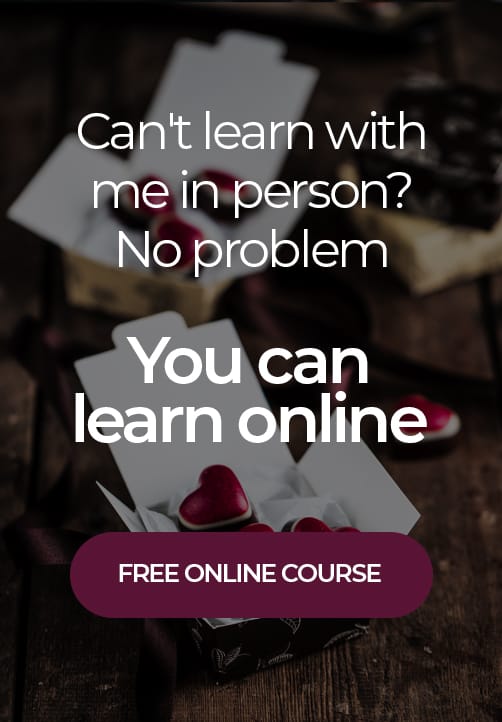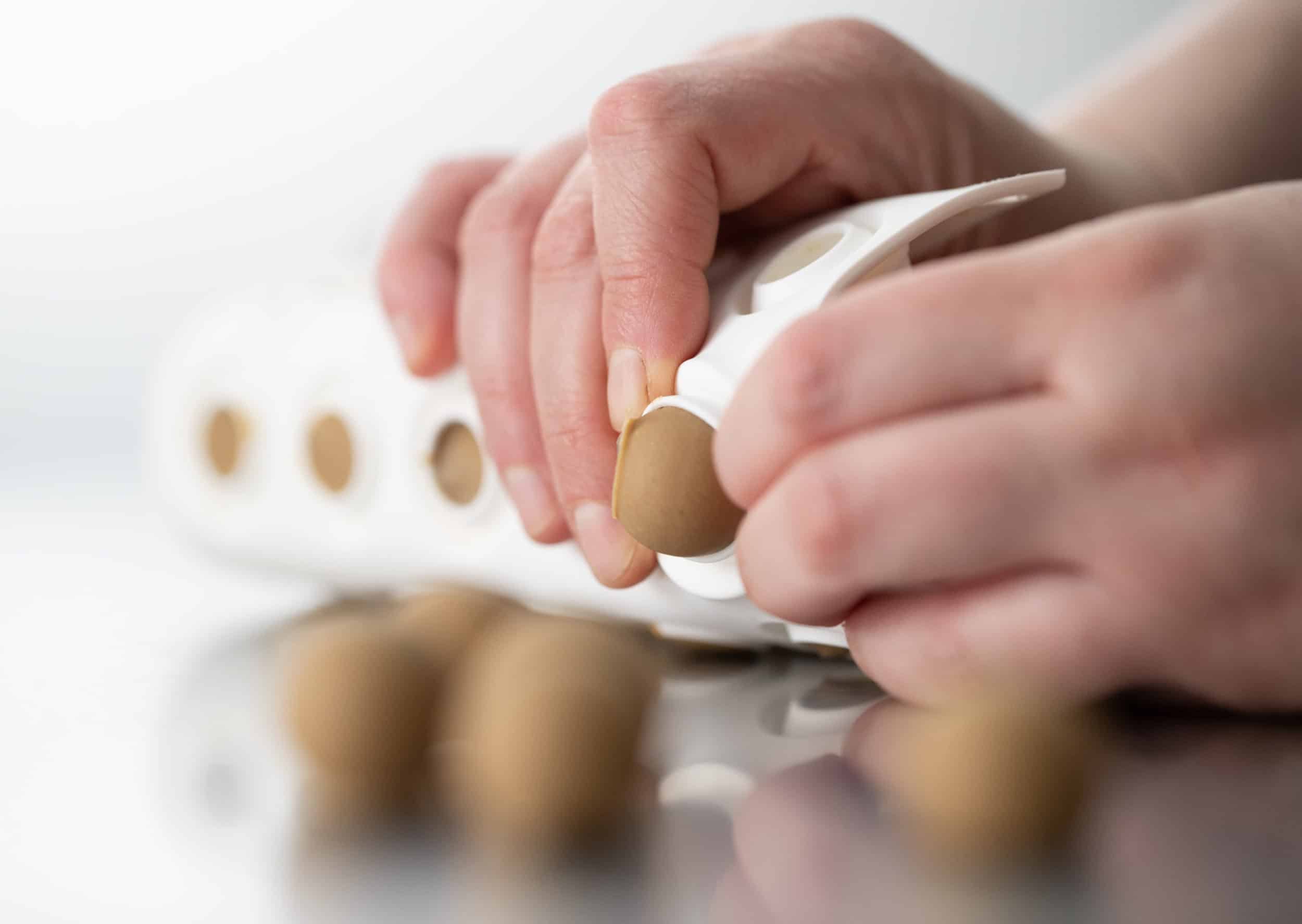
When students sign up for my livestream classes, they are asked to fill out an optional questionnaire which is designed to help me understand the needs, difficulties and goals of my students.
One of the questions is – What are three things you’d like to learn from me?
This one answer stood out above all the rest because it’s at the core of learning itself, and an area that many students struggle with.
‘Convince me that failure really is learning rather than a waste of ingredients’.
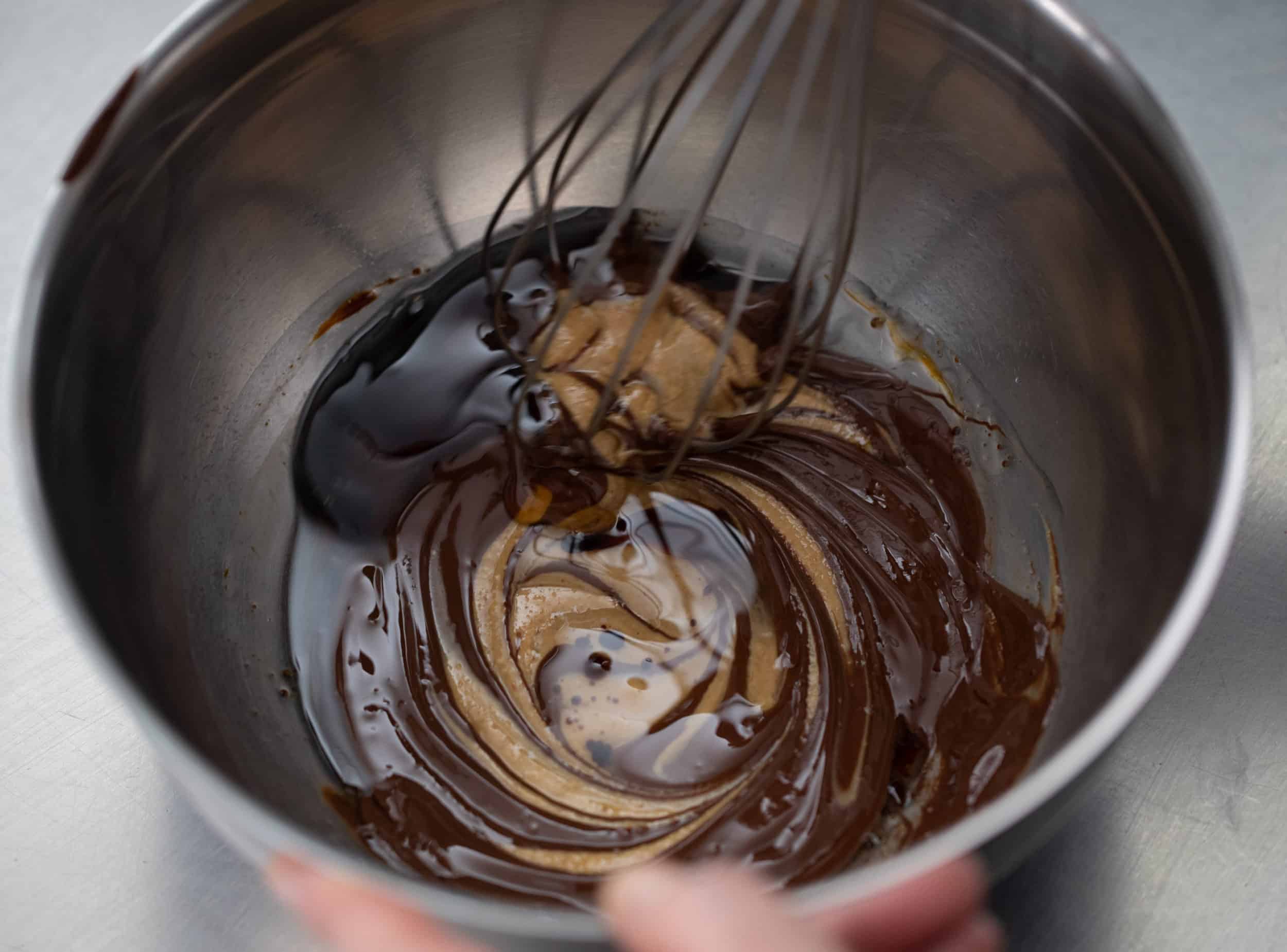
Failure has become this dirty word. It’s become something that defines you as, ‘a failure’ and it’s somehow linked to being ‘worthless’.
But failing at something is an indication that you’re learning. How can you possibly learn anything without failing, or making mistakes?
Think of a time in your life when you were learning something for the first time, like learning to tie your shoe laces.
I remember this vividly; I’d watch my parents and older brother do it like it was effortless; no thought went into it at all. But when I was learning, it felt so awkward. I remember wondering if my fingers can even perform this magic trick of ‘tying laces’. Surely it requires some formal training…
But no one can show you enough times that you learn without trying it yourself. You must fail 1, 2, 10, 100 times before you succeed… and then you need to do it another 100 times before you can do it with your eyes closed.
If you never went through that process, you’d never learn to tie your shoes. If you never learned to tie your shoes, your choice of footwear would be very limited throughout your life.
This brings us to the point of natural consequences. There are natural consequences in life. Cause and effect.
For example, if you don’t want to wear a coat in the rain then you’ll get wet. Natural consequence.
The trouble is, we grew up with consequences being ‘enforced’ as ‘punishments’ for our ‘bad actions’. These consequences were ‘enforced’ by our teachers, parents, guardians, etc…
But as we get older, we see that life delivers those consequences, not other people. If you don’t work, you don’t earn money. You can’t pay your rent. You can’t buy food. Your parents aren’t there to threaten you with, “Go to work or else!”
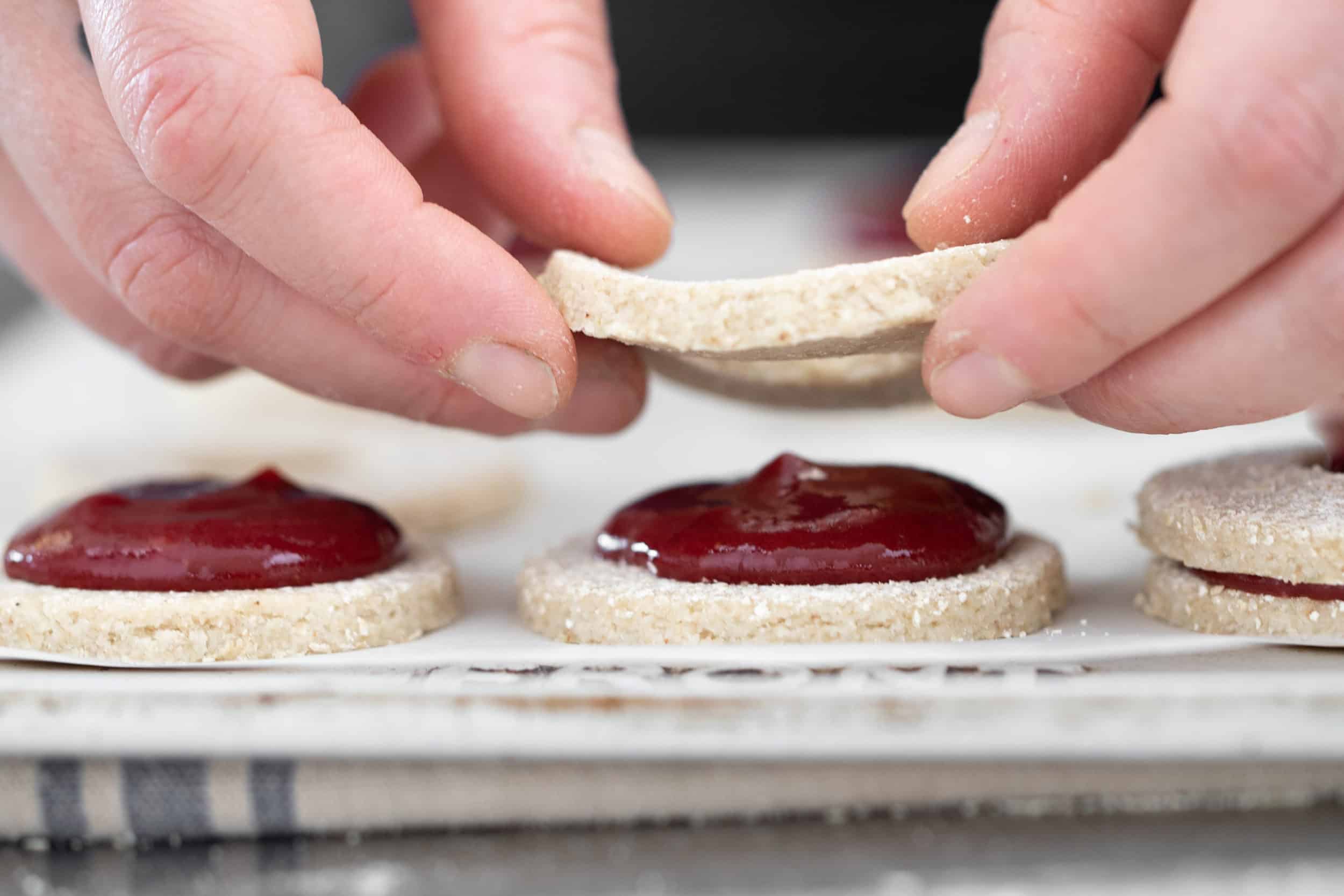
How is this relevant to learning?
As a child you go to school and learn a set curriculum because you’re made to. That’s what you do as a child…. it’s your ‘job’.
As an adult, if you want to learn something new, you do it because you want to. Because it’s meaningful to you.
You’re making a choice to learn because you want to be able to cook delicious meals for yourself and your family, for example.
You have an interest in it and a goal you’d like to reach. That’s your driving force to fail 100 times before nailing something.
And once it’s nailed, you work on refining your skill and learning the next thing, the next step. It never ends. The better you get at failing, trying again and repeating the same…. The more skilled you’ll be at life, regardless of the area you’re learning.
Because life is a series of failures and wins that never ends.
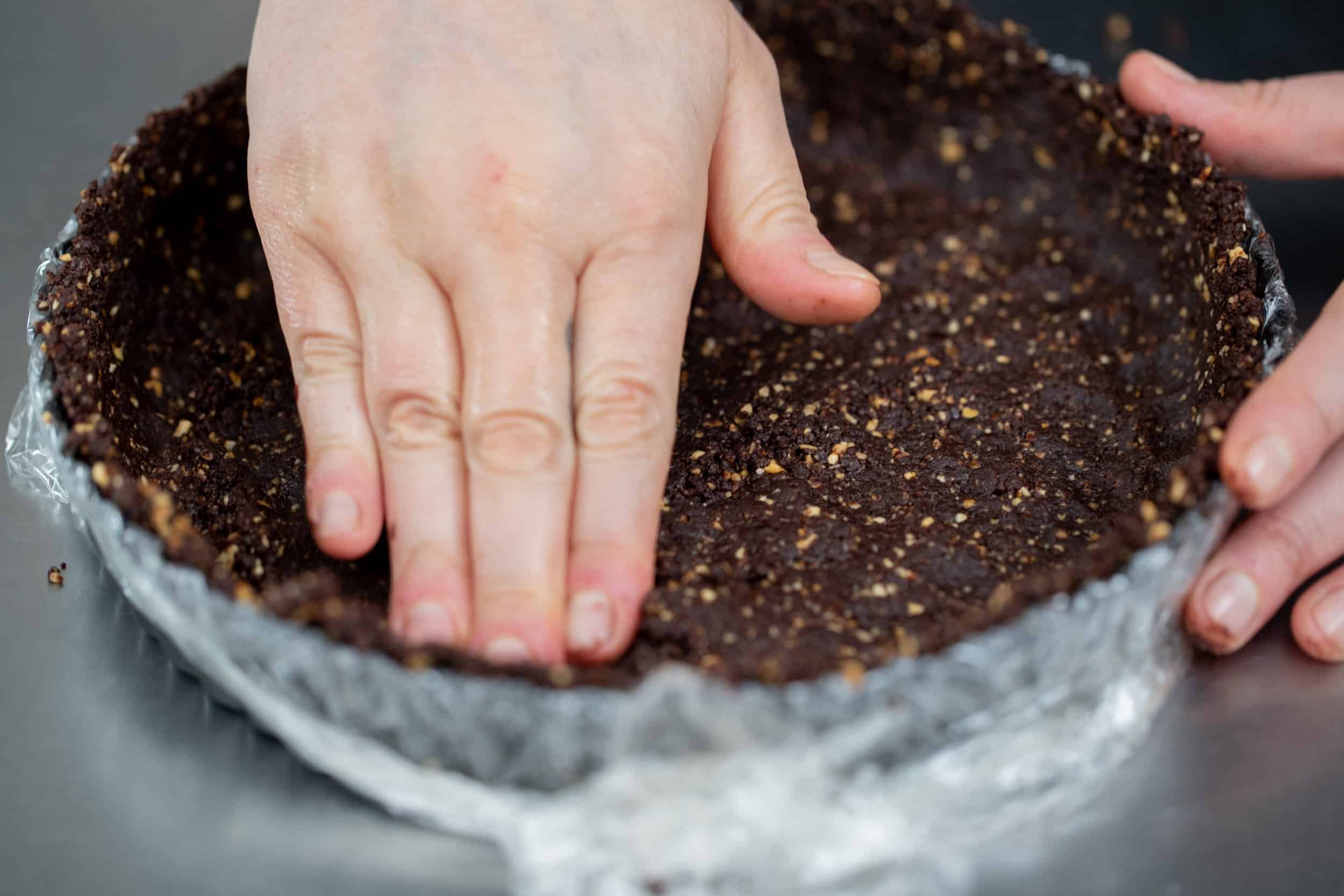
What if it doesn’t work? It’ll be such a waste of time and ingredients.
The only way something could ever be considered a waste of time or ingredients is if you don’t see the meaning in it. If something is meaningless, then why do it?
Firstly, define for yourself why you want to learn to make _______. What’s the 1st goal you’d like to reach? What’s your ultimate goal?
So, let’s see what’s meaningful about, for example, learning to make chocolate.
- You don’t like any of the chocolate you’ve tried from other people/companies and you want to do it better.
- All the chocolate you have found contains ingredients you don’t like, and you want to make it with only certain ingredients.
- Healthier chocolate is expensive to buy and often a let down, you want to save money and make a better chocolate.
- You feel drawn to chocolate making, there’s something alluring in it to you. (this is why I started)
- Your child has expressed interest in making chocolate and you want to help them.
- You want to quit your job to pursue something creative and you’ve always loved making chocolate.
There’s a lot of meaning in all these reasons to start. Let’s go through bullet by bullet…
- You want to create something better for you and your friends/family.
- You love chocolate and want to feel good about eating it.
- Other chocolate is a let down and you’re done with feeling disappointed. You know you can do better.
- Feeling drawn is a strong feeling, a soul feeling. It can be difficult to explain or understand, you just know it’s important to follow it.
- You’re going to help a child learn how to make something. You’ll be part of their process and you can teach them in the way you wish you were taught.
- You want to feel better in your day to day life and do something that fulfils you.
Of course, I encourage you to assign your own meaning to these ‘reasons to start’. This meaning is what keeps you coming back time and time again. It won’t always be happy and easy, but it will always be meaningful.
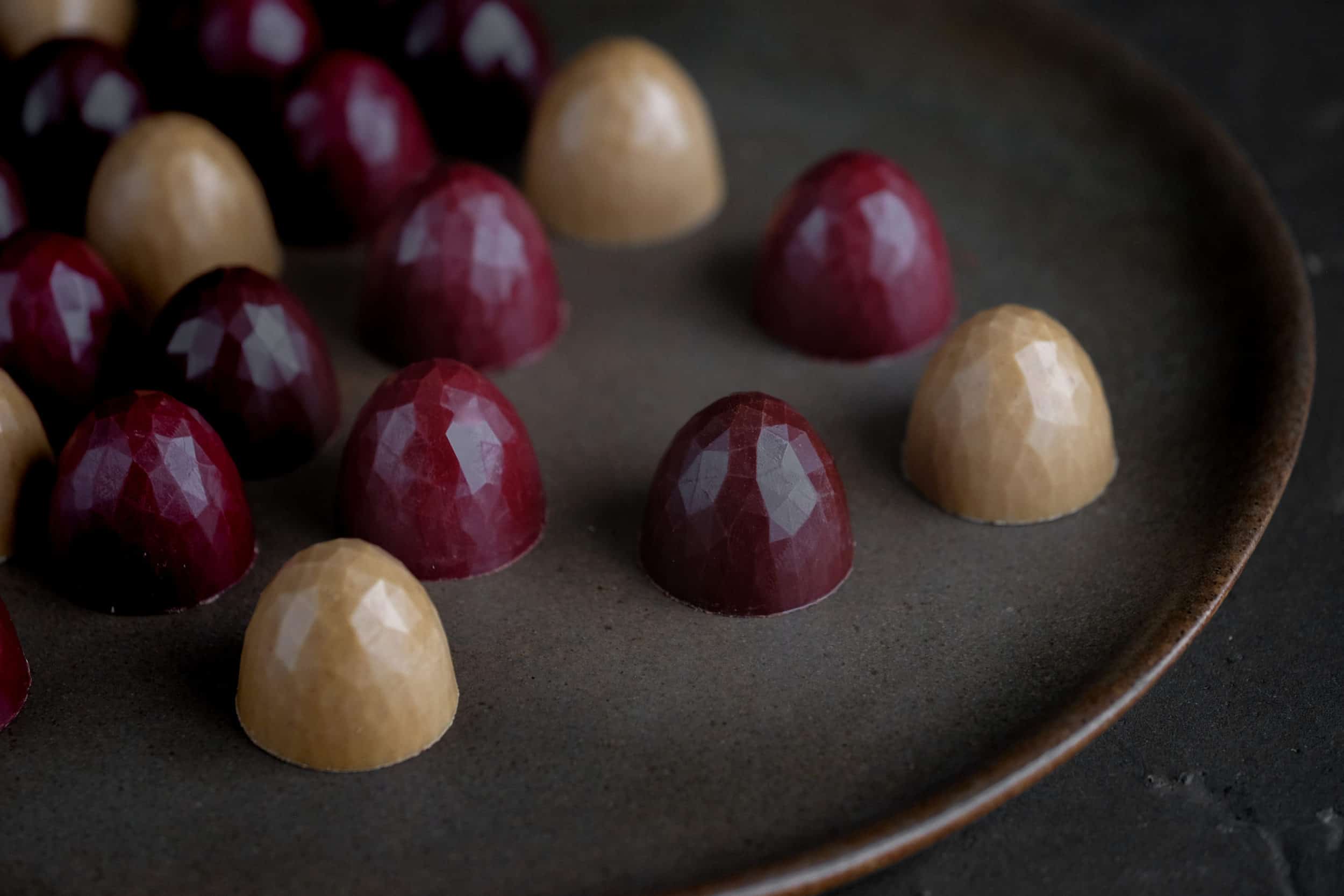
It can help to think of a situation in terms of how you’d respond to another person if they had the same problem as you.
For example,
If a child took you by the hand and said…
“Come with me. I want to try making this recipe I found. Can you help me?”
How would you respond? How would you help the child through making this recipe?
Now imagine a slightly older child, let’s say, a young adult in their early 20’s. They come to you and say,
“I’d like to learn how to make some basic meals for myself, but I don’t know how to do it or where to start and I don’t want to waste ingredients.”
How would you reply? How would you help this young person through learning, through being afraid to ‘waste ingredients’ ?
Now that we have explored ‘failure’ further, what does this word mean to you now? Does it still feel dirty or are you able to see it as a necessity to learning?
Let me know in the comments section below.

